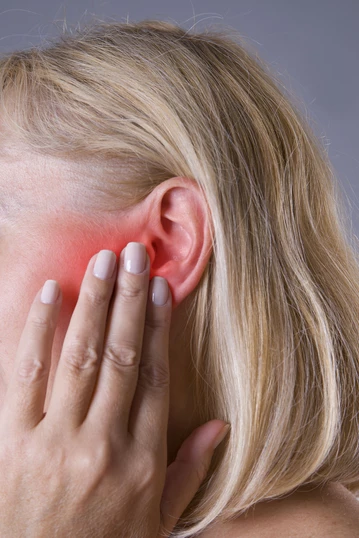Its not uncommon to grind and clench your teeth from time to time. Occasional teeth grinding, medically known as bruxism, doesn’t usually cause harm, but when teeth grinding occurs on a regular basis you risk damage to your teeth and jaw joint. Unfortunately, teeth grinding and clenching during sleep is involuntary. Damage to your teeth and jaw joint can be minimised by wearing an occlusal splint over your teeth also known as a nightguard. A splint is made from hard acrylic and fits securely over your upper or lower teeth. The splint will act as a barrier to protect your teeth, so when you grind, you will wear down the splint instead of your teeth.
Teeth grinding is linked to the following oral health problems:
- Cracked tooth enamel
- Excessive wear on teeth
- Broken teeth or restorations
- Strain on the joints and soft tissue of the jaw joint
- Enlargement of the jaw muscles
Teeth grinding can be the result of stress, anxiety or an abnormal bite. Extra force placed on teeth from bruxism can damage fillings, crowns and tooth enamel.
Grinding your teeth and clenching your jaw also strains your jaw joint. Long term strain and stress on the jaw joint can produce discomfort, including facial pain and headache.
If you are aware that you grind your teeth or have any symptoms outlined above, see your dentist to assess your situation and discuss your treatment options.








